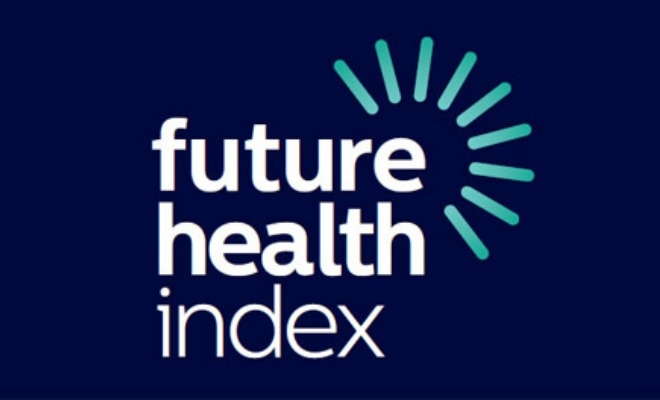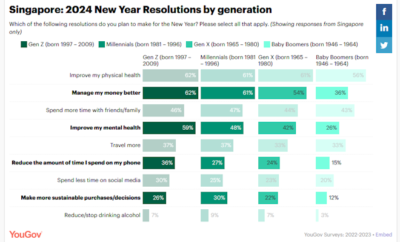
Insights + interviews
Singapore Ranks Fifth In Its Readiness To Achieve Fully Integrated Health System
The first edition of Philips’ Future Health Index reveals how well positioned Singapore is to meet long-term global health challenges.
Royal Philips has recently announced Singapore’s overall score in the Philips’ Future Health Index (FHI), which totalled to 57.7 out of a possible 100 points, placing us fifth out of 13 other countries.
The FHI focuses on three critical factors: access to healthcare, integration of current health system, and adoption of connected care technology; to determine how integrated a healthcare system is. The perceptions, behaviours and attitudes of both patients and healthcare professionals were also examined.
With a score of 57.7, Singapore is ranked fifth and above the 13-country average score of 56.5. Ranked highest is the United Arab Emirates with a score of 65.3, followed by Netherlands and China with the scores of 58.9 and 58.1 respectively. Some surprising results involve Germany, Brazil and Japan which received the lowest scores in terms of readiness, at 54.5, 50.6 and 49.0, respectively.
Several significant insights were also uncovered through the FHI regarding the key concerns of both patients and healthcare professionals in Singapore:
Access to Treatments
- 76 percent of healthcare professionals in developed markets agree their patients have access to the treatments needed for current and future medical conditions, as opposed to 58 percent of those in emerging markets
- In Singapore, this statistic was 86 percent, on par with Australia at 88 percent
Quality of Healthcare
- Both patients (62 percent) and healthcare professionals (65 percent) agree that Singapore’s current health system meets the healthcare needs of patients
Cost of Healthcare
- Patients (58 percent) believe that costs are too high for them relative to value, while healthcare professionals (51 percent) believe that healthcare is priced about right
Perceived Key Challenges in Singapore
- Both patients (58 percent) and healthcare professionals (78 percent) agree that the most important challenge in Singapore today is an ageing population
- Both patients (37 percent) and healthcare professionals (51 percent) ranked economic/financial problems second
Other key findings from the FHI study also revealed the following:
Perception Gaps On Responsibility For Health
- Across all 13 countries surveyed, patients are more likely to believe they are the guardians of their own health as they age
- 79 percent of those 55 years or older agree that the individual is fully responsible for the prevention of poor health, while only 66 percent of those aged 18 to 34 years agree to this
- In Singapore, patients across all age groups agree that health is the responsibility of the individual, with those aged 55 to 64 taking the lead in this category at 84 percent
Personal Health Management
- In Singapore, healthcare professionals (60 percent) see a need for patients to take a more active role in managing their own health
- Patients in Singapore (49 percent) are less likely to say that they actively manage their own health, as compared to the 13-country average (56 percent)
Perceived Ability To Manage Own Health
- In Singapore, most patients and health practitioners believe that patients have the knowledge (70 percent and 52 percent respectively), and tools (58 percent and 61 percent) to manage their own health effectively
Connected Care Technology Cost Concerns
- In Singapore, both healthcare professionals (61 percent) and patients (66 percent) believe that connected care technology would raise the cost of healthcare overall
- The 13-country average rated this slightly lower, with healthcare professionals at 52 percent and patients at 51 percent
Read the full FHI report at futurehealthindex.com.









